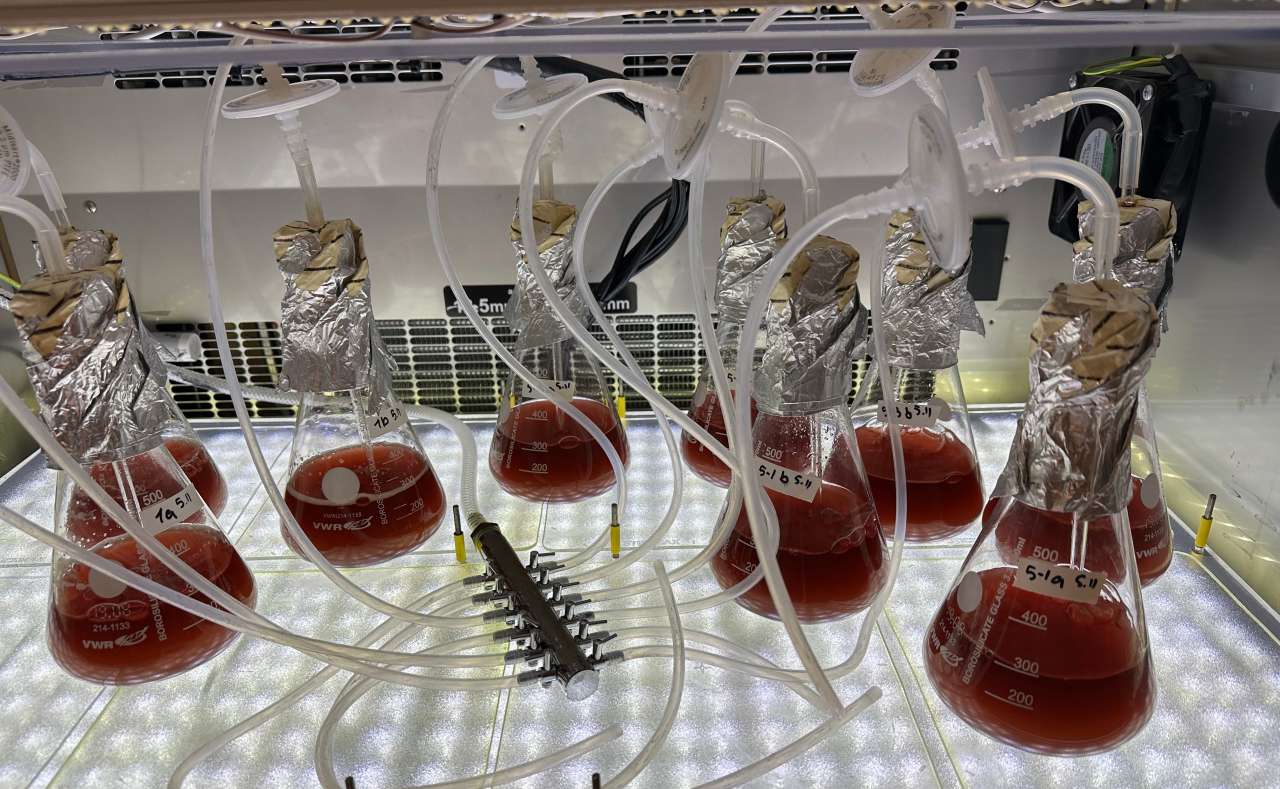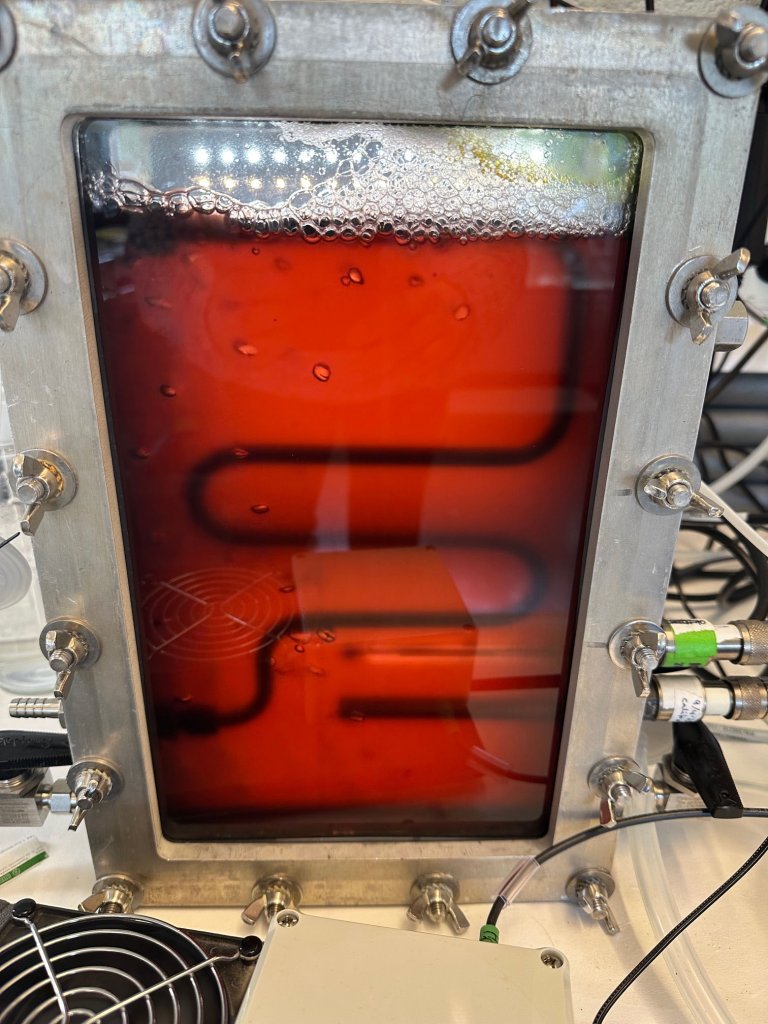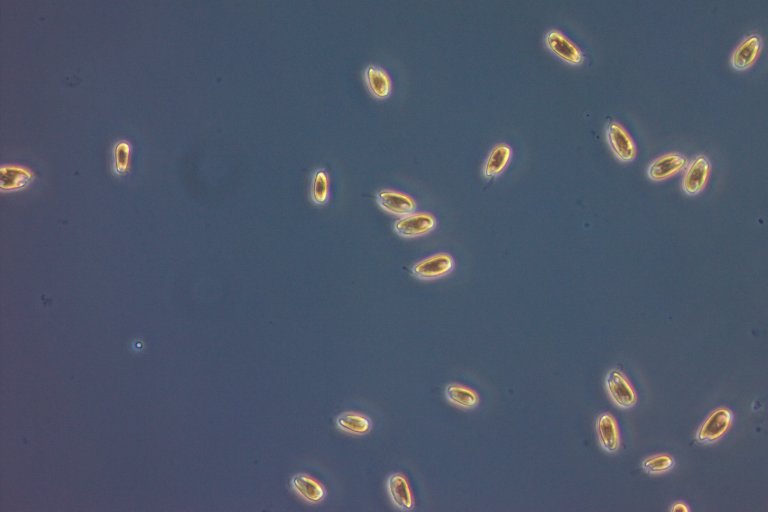Division of Biotechnology and Plant Health
MikRho - Establishing Rhodomonas culture with beneficial microbiome adapted to industrial production

End: apr 2028
Start: apr 2024
As one of the largest microalgae producers in Norway, CFEED contributes to sustainable feed solutions through its production of microalgae and the copepod Acartia tonsa. The copepod is used as a starter feed for species such as cod, ballan wrasse, and seabream, where it helps fish producers improving yields by increasing growth and survival rates, as well as improving larval quality.
Project participants
Kari Skjånes Ksenia Gulyaeva Özgün Candan Onarman Umu Hans Ragnar Norli Inger-Lise Akselsen
| Start - end date | 01.04.2024 - 01.04.2028 |
| Project manager | Stig A. Borgvang |
| Division | Division of Biotechnology and Plant Health |
A stable supply of high-quality microalgae is crucial for maintaining a consistent and high-quality copepod production, making microalgae cultivation the cornerstone of CFEED’s operations. One of the major challenges in industrial microalgae production is the lack of control over the microbiome. While a detrimental microbiome e.g. with bacteria that reduce growth rates or cause culture collapse can lead to significant economic losses, a beneficial microbiome can help stabilizing algae cultures and enhance growth rates. Increasing knowledge on how to create a favorable environment and stabilize the microbiome from small-scale to industrial microalga production is therefore a key development area for the microalgae industry in the coming years.
The MikRho project strengthens industrial efforts as regards microalgae production by contributing increased knowledge about the interactions between the microalga Rhodomonas sp. and its microbiome.
Together with NIBIO and SINTEF Ocean as R&D providers, CFEED aims to establish a stable, reproducible microalgae culture optimized for industrial production; with a beneficial microbiome, good nutritional composition, and increased growth rate. Through the evaluation of algae cultivation technology and the development of protocols for stable upscaling and operation in new reactor technology, the project will address critical questions and challenges for CFEED’s new factory setups in 2026 and 2028. The results from MikRho will thus help ensuring stable copepod production and enable CFEED to meet the growing demand for its products in the cod and ballan wrasse markets, as well as the market in the Mediterranean region.

